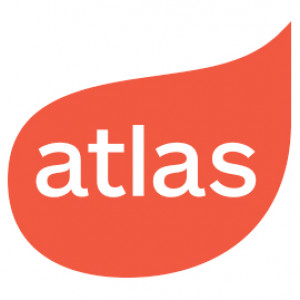 \
&
Contact us
\
&
Contact us
 \
&
Contact us
\
&
Contact us
The ICT-Leadership in Enabling and Industrial Technologies (LEIT) Work Programme under H2020 provides a balanced response to the main challenges faced by Europe in the field: firstly, the need to maintain a strong expertise in key technology value chains; secondly, the necessity to move quicker from research excellence to the market.
It combines a strong support to industrial roadmaps with new mechanisms to encourage disruptive innovation. The former will reinforce medium to long term commitment to industrial strategies and provide continuity and stability. The latter will offer flexibility and openness and will help develop dynamic eco-systems in which innovators can operate. Both strands will require the involvement of new actors, on one hand to exploit and leverage new technologies and on the other to initiate and drive change.
Six main activity lines have been identified in the ICT-LEIT part of the Work Programme:
In addition, the Work Programme features several cross-cutting topics addressing cyber-security, Internet of Things and research on a Human-centric Digital Age. All activities are complemented with support to innovation and take-up, international cooperation and a dedicated action for SMEs to propose bottom-up innovative ideas, using the SME instrument.

nico.deblauwe@vlaio.be
+32 2 432 43 00
Infosheets contain edited content on aspects related to this programme. They are reviewed at least yearly.
Related links are easy pointers towards external information. We curate the list, but are not liable for the destinations.
Documents contain additional information related to this programme, and are similar to related links.

Atlas Integratie & Inburgering Antwerpen is an autonomous agency and a non-profit organisation responsible for implementing the Flemish integration policy on behalf of and for the City of Antwerp. Atlas offers several types of services for newcomers and Antwerp’s public and non-profit organisations.
In 2018, under the leadership of HafenCity University Hamburg, Atlas participated in the H2020 call 'Addressing the challenge of migrant integration through ICT-enabled solutions'. The proposal 'MICADO - Migrant Integration Cockpits and Dashboards' was approved by the European Commission and the project started in January 2019 and runs until June 2022.